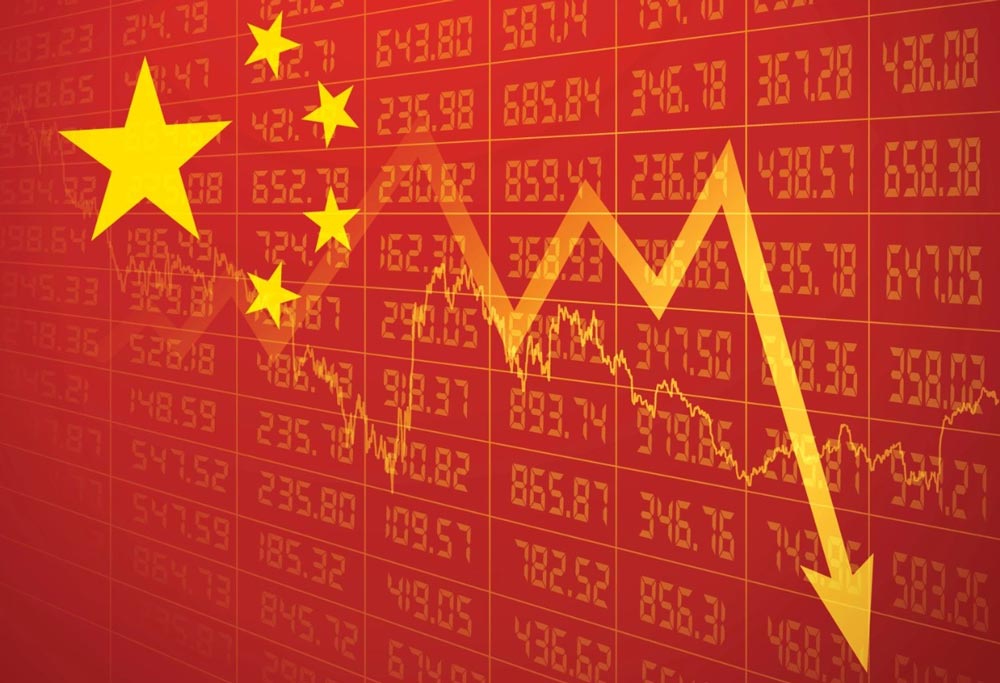China, the world’s second-largest economy, is facing a significant challenge as it grapples with deflationary pressures. The latest data released by China’s National Bureau of Statistics reveals a drop of 0.5% in the Consumer Price Index (CPI) for November on an annual basis, marking the largest fall since the depths of the pandemic three years ago. This downward trend has raised concerns and calls for urgent action from Beijing to boost demand and prevent a further spiral of prices.
Persistent Deflationary Trend
China has been battling weak prices throughout the year, primarily due to a slump in the property market and subdued consumer spending. Deflation poses a threat to the economy as it can discourage consumers and companies from making purchases or investments in anticipation of even lower prices. This behavior can further slow down the economy, creating a vicious cycle.
Deepening Deflationary Situation
Analysts from Citi note that China’s deflation situation is deepening, attributing it to a combination of factors such as declining domestic food prices, corrections in international oil prices, and weak domestic demand. The impact of deflation is not limited to goods; signs of price weakness are now spreading to services as well. This widening deflationary pressure raises concerns about China’s economic recovery and necessitates prompt policy intervention.
Factors Driving Deflation
Food prices have been a major contributor to the decline in the CPI, with a significant drop of 4.2% in November compared to the previous year. Notably, pork prices witnessed a substantial plummet of 31.8%. Additionally, gasoline prices have decreased following the decline in international oil prices. Services inflation has also slowed down, reflecting the overall weakened consumer demand. The Producer Price Index (PPI), which is influenced by commodity and raw material prices, has experienced a continuous decline for 14 consecutive months.
The Need for Stimulus Measures
The exacerbating deflationary pressure in China has raised concerns about confidence, economic activities, and the country’s overall economic outlook. Analysts stress the importance of swift policy measures to prevent a vicious loop between deflation, confidence, and economic activities. To address these challenges, China’s central bank, the People’s Bank of China, has pledged to maintain an accommodative monetary policy to support the economy. Furthermore, top officials have recently convened for a Politburo meeting, where they vowed to expand domestic demand and boost consumer spending. These policy decisions are expected to set the tone for economic policies in the upcoming year.
Anticipated Measures
Investors and analysts eagerly await the details from the upcoming Central Economic Work Conference (CEWC), where economic policies for the next year will be discussed. It is anticipated that the conference will announce imminent cuts to the reserve requirement ratio, which determines the amount of money banks must keep in reserve, as well as adjustments to interest rates. These measures aim to stimulate economic growth, restore consumer confidence, and counteract the deflationary trend.











